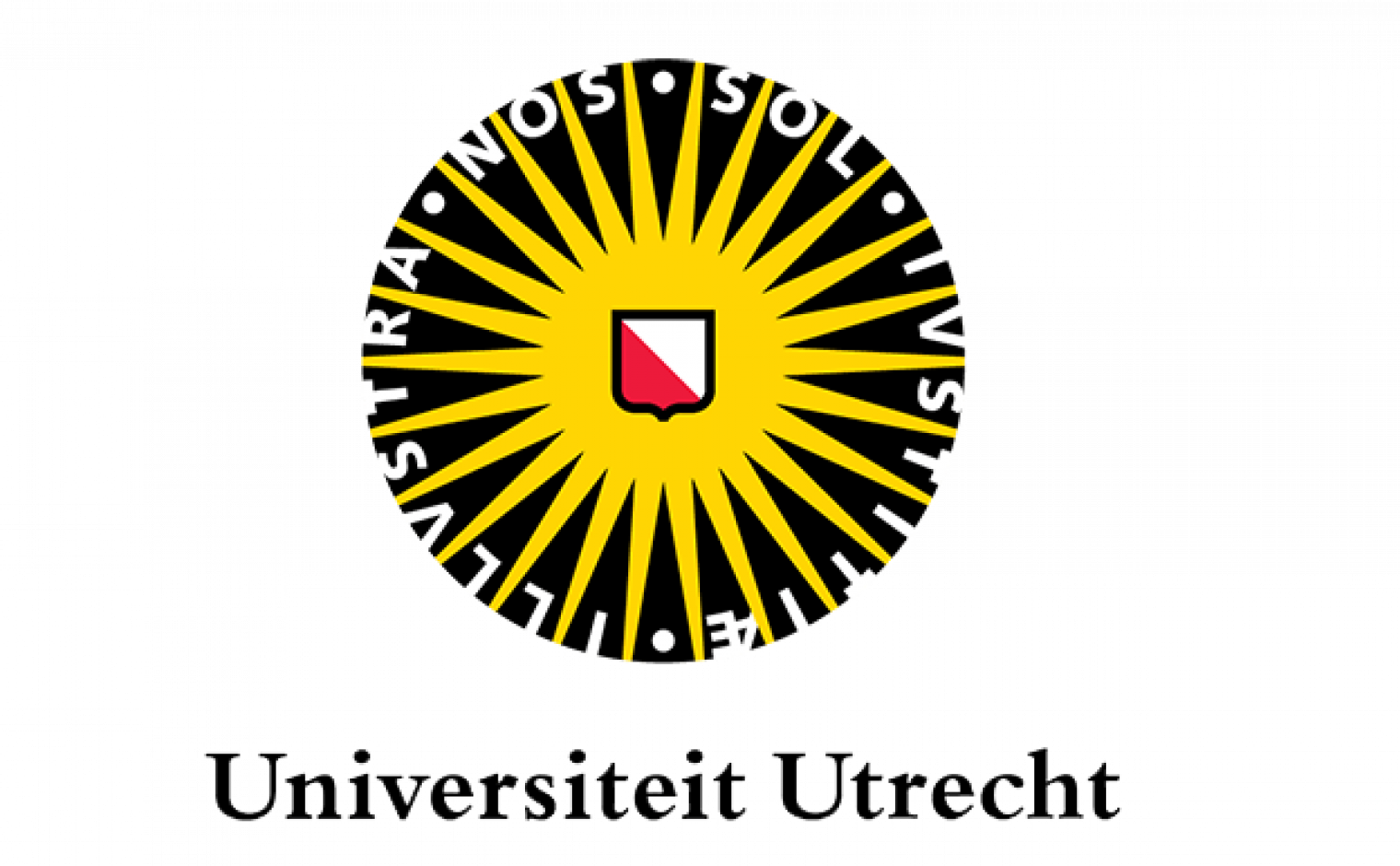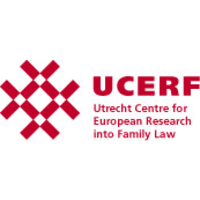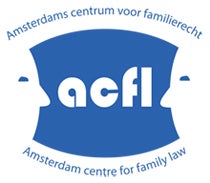At VU Amsterdam, researchers Machteld Vonk, Whitney de Haan and Geeske Ruitenberg investigated whether foster parents see a need for ‘simple adoption’, a means of preserving the legal ties between foster children and their original foster parents. With Christina Jeppesen de Boer (Utrecht University), they inventoried the advantages and disadvantages of simple adoption in the context of foster care within Dutch family law. They also looked at countries where this form of adoption has already been introduced.
The researchers concluded that there is no easy answer to the question of whether simple adoption should be allowed in the Netherlands. There is great diversity among foster families. And for the child, maintaining ties with the original foster parents and family can be both an advantage and a disadvantage. What is clear, however, is that foster children would like to have a say in the decision-making process.
‘Simple adoption’ was proposed in the report Kind en ouders in de 21e eeuw (‘Child and parents in the 21st century’), published in 2016 by the State Commission for the Reassessment of Parenthood.
In spring 2020, the Minister for Legal Protection, Sander Dekker, presented the research report by Vonk and colleagues to the Dutch House of Representatives. The study was commissioned by the Research and Documentation Centre (WODC), part of the Ministry of Justice and Security.


